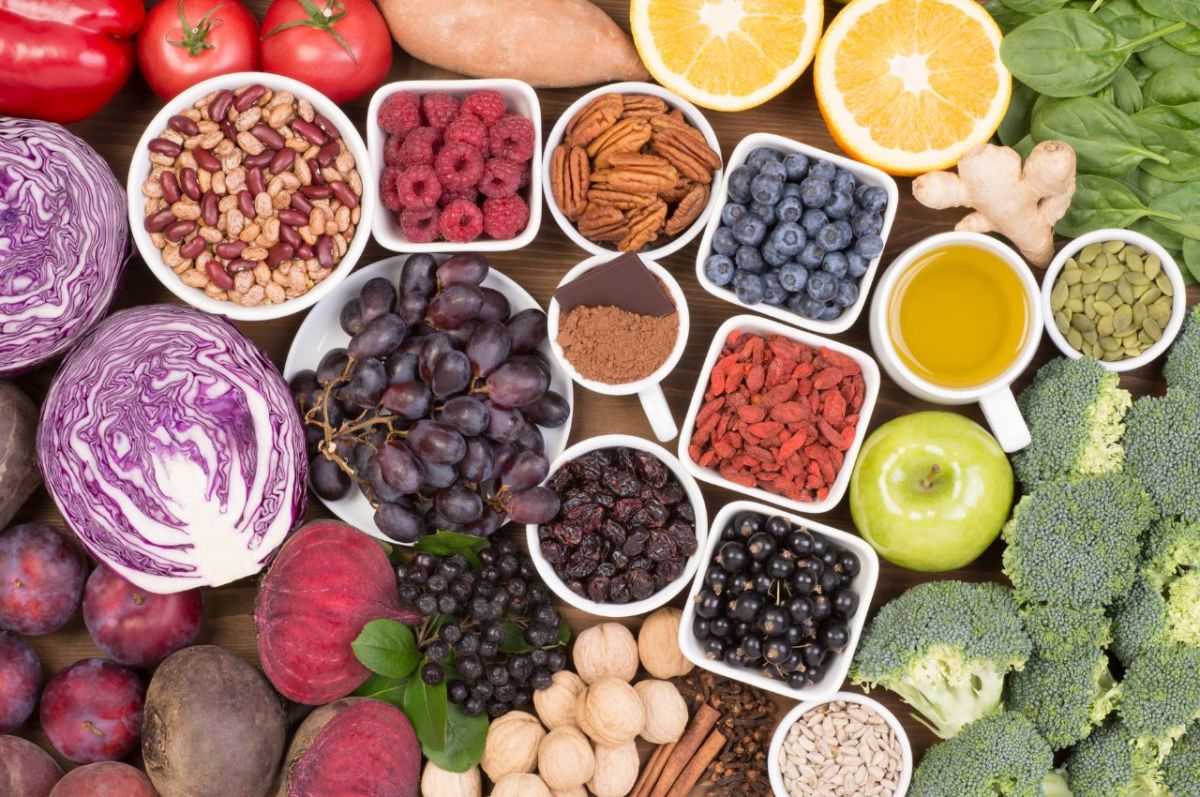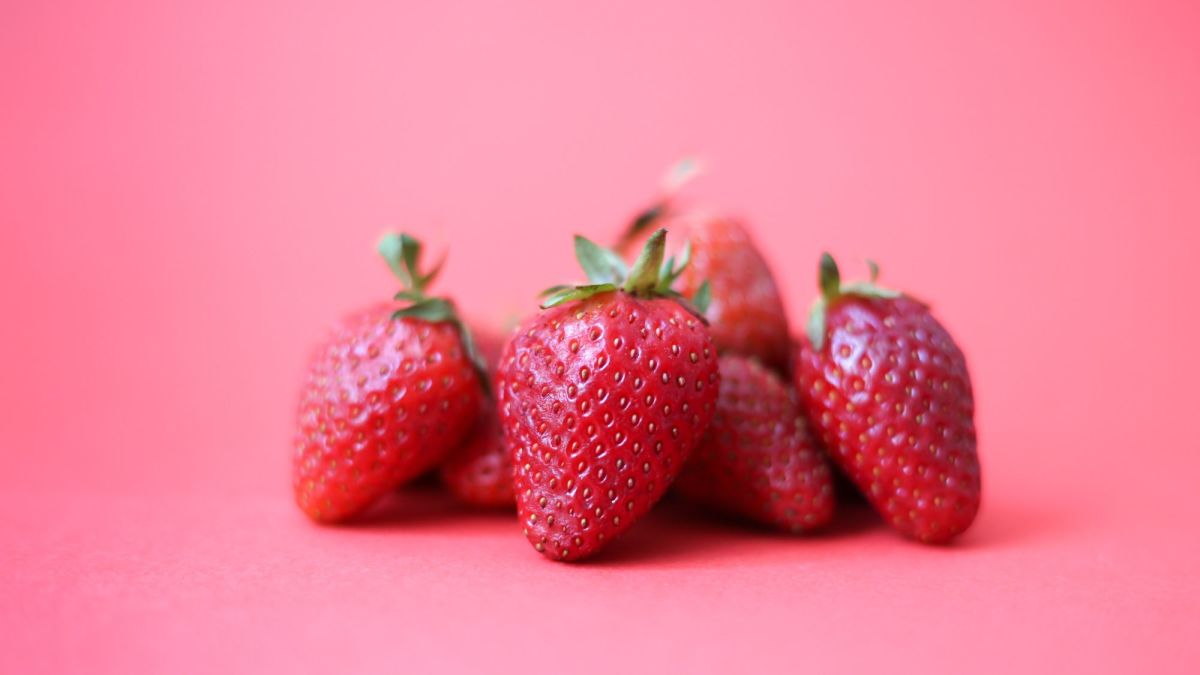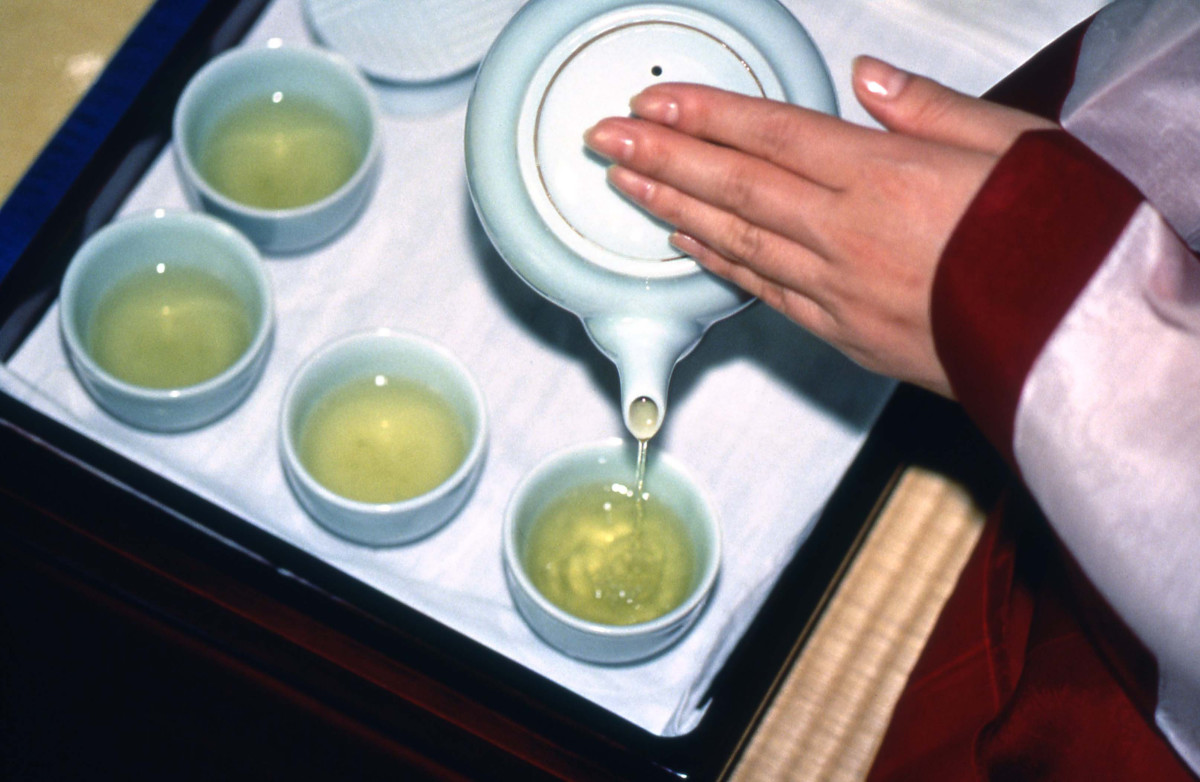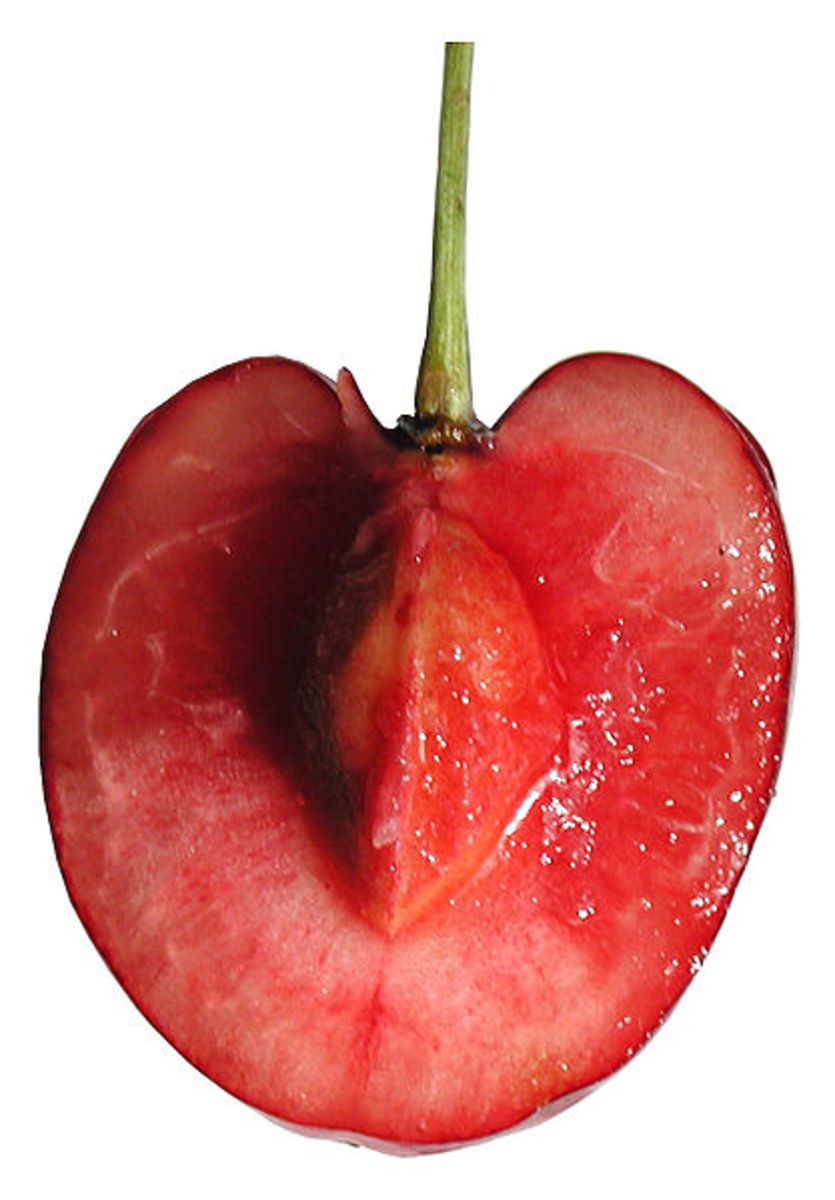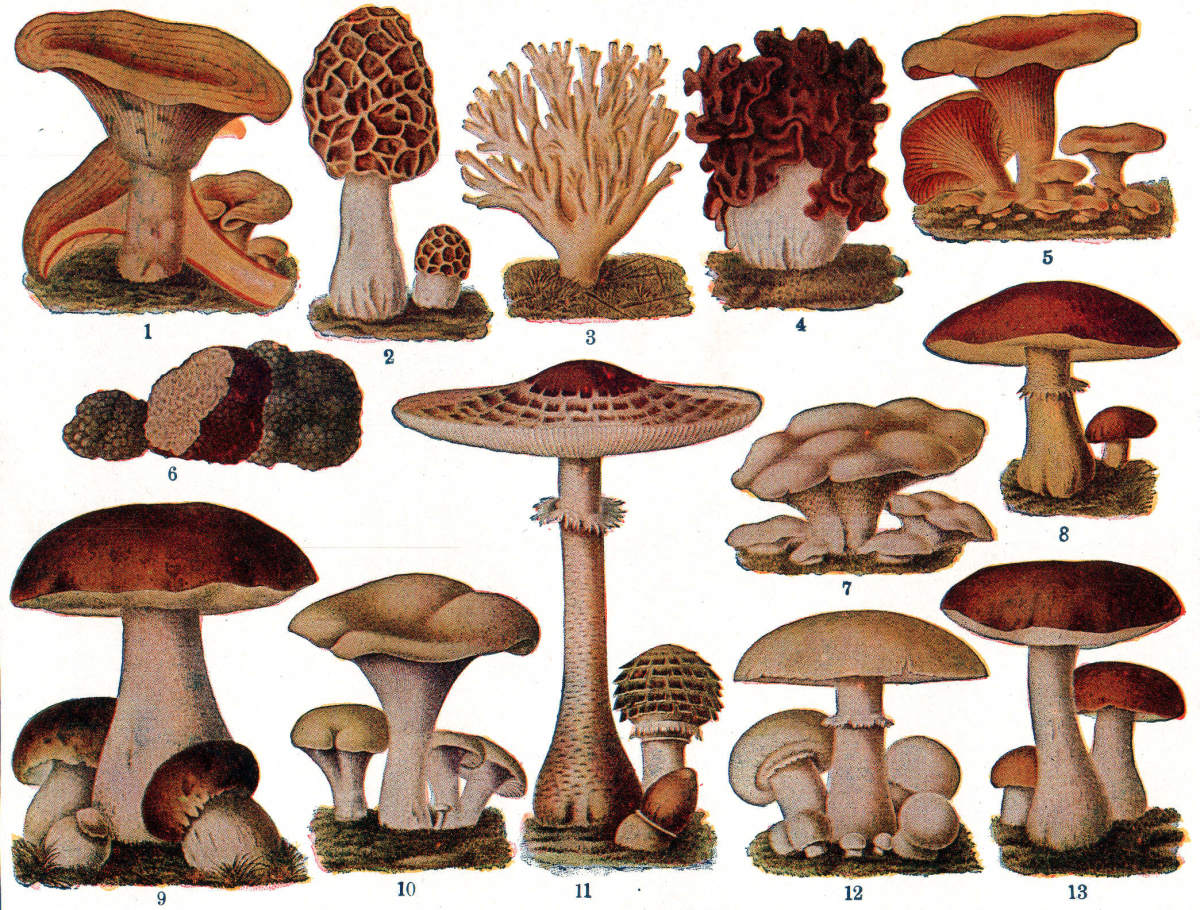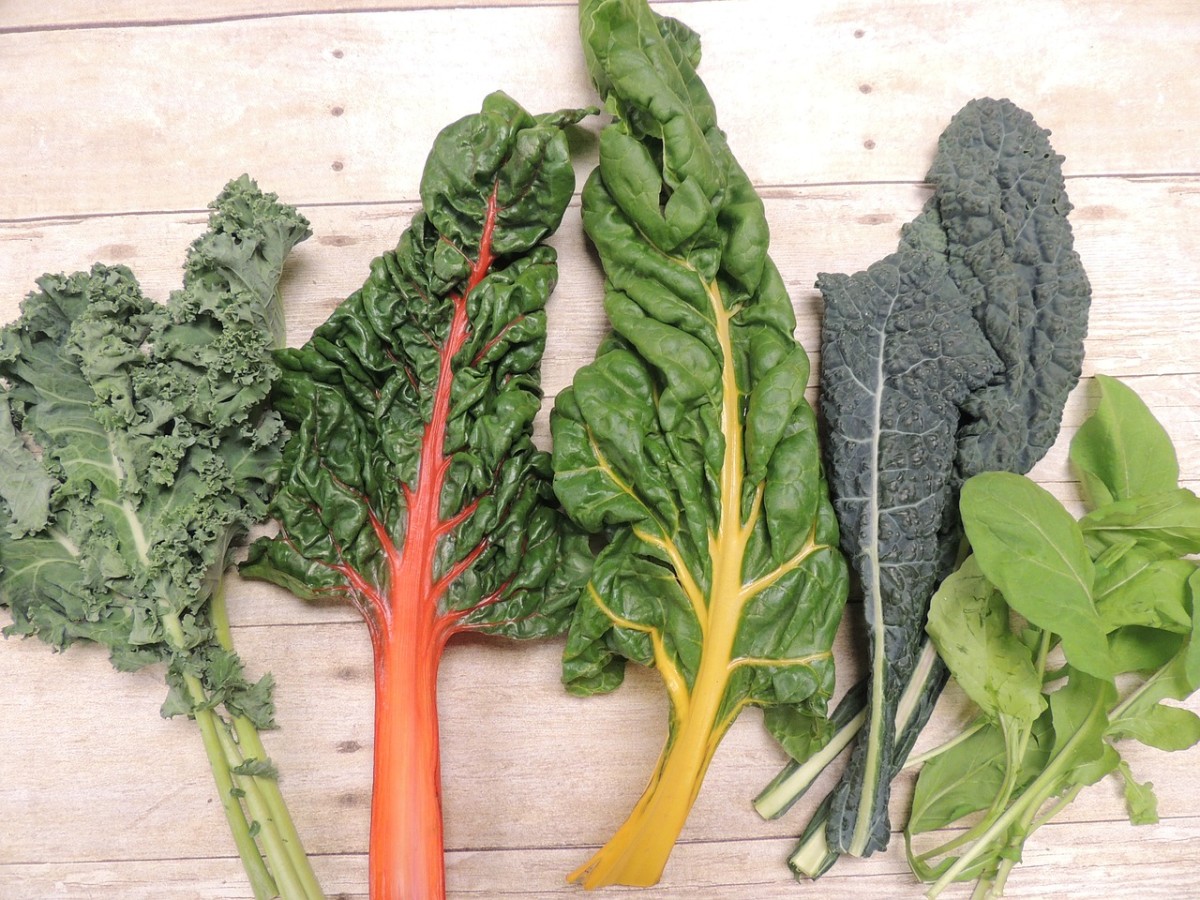Can Antioxidants Really Cure or Prevent Cancer?
Cancer and the role of antioxidants
- Cancer is a consistent top five killer disease in the world today. It is a degenerative disease in that the affected organs will deteriorate and mutate to other organs killing healthy cells and can kill the physical human body. Many researches are pointing to the fact that lifestyle -- (eating habit is one) and physical activity or the lack of it are the causes of cancer. The other major cause of course is the normal deterioration of human cells.
- Science and medical researches are continuing to search for the ways and means in which to battle the dreaded disease. In the last twenty years, the onset of many different individual researches in the world of medicine focus on the role of antioxidants to cure cancer or even prevent it. Many people have been reading about the cures and prevention of cancer through antioxidants agents, they see it in different news, advertisements in TV or newspaper about supplementing or eating foods which are rich in antioxidant to cure or prevent cancer. It is even included in some packaging of foods and supplements like vitamins and herbals. Chances are you have heard about beta-carotene, lycopene, Vitamin E-tocopherol etc. to fight against cancer, but the question is, can antioxidants cure and prevent cancer? This is the topic of this hub and so I am enjoining you to learn with me about antioxidants and its role in our health.
people are worried when they have "cancer"

The search for help when cancer strikes
Aside from the medical world which spearheads the search for cancer, relatives, friends and the cancer cures and how to prevent it, patients themselves try to look for all the alternative medicine available anywhere for the cure and prevention of cancer. Human life is precious and the goal of humankind is to have a long and healthy life. While the role of antioxidants is uncertain, it is a fact that the sources of antioxidants like fruits and vegetables are best for our health. There are just some precautions in taking antioxidants supplements when one is diagnosed with cancer.
What is known according to the past conducted researches about cancer and antioxidants?
- In the recent past researches conducted by refutable health national agencies that natural antioxidants found in fruits and vegetable, or those that are taken in vitamin forms are inconclusive as to the benefits that we can derive from antioxidants specially in the prevention and cure of cancer.
- The verdict is not final because the reports and researches conducted are inconclusive and they vary from one research to another. According to National Cancer Institute, American Cancer Society, American Medical Association and the Center for Disease Control and Prevention stated that it is not sure whether antioxidants can cure or prevent cancer. This means that the power of antioxidants to cure or even prevent this number one killer degenerative disease cancer is not yet in, nor it could be out already.
How does antioxidants and free radicals work in your body?
- The body has some free radicals which are destructive to our health. We can get these free radicals through bad habits like smoking and some are natural causes like the air we breathe and they are also within our system. When these free radicals attacked the molecules in our body, our immune system is weaken and they destroy our cells, it fails to regenerate and they aged and die. This cause cancer. Look at the figure below how free radicals work.
- The debatable thing about this is that different studies and researches found out that antioxidants are not helpful in many ways in combating diseases like cancer and heart problems. You can read this article from Today and read through the peoples comment about the news for your added information.The researches are sporadic, have different outcomes and sometimes findings will attest that it is beneficial to cancer patient and for cure, at other times it is not, therefore it is inconclusive. But if it is inconclusive it doesn't mean that it cant really cure oir prevent cancer. Maybe the researches conducted have some loopholes in it, we never know. The nice thing about this is that antioxidants help in terms of overall health as fruits and vegetables are best source of healthy nutrients. If the researches can find out that it can prevent or really cure cancer it is like shooting two birds in one stone.
Antioxidants and free radicals

fruits and vegetables are rich sources of antioxidants

A brief discussion about antioxidants
Antioxidants are substances in oil, our body (natural or those that we can get from supplement or food that we eat) that prevent our cells from the destructive elements of free radicals. Examples of antioxidants that have been under scrutinized are beta carotene, lycopene, Vitamins A, C, D, E- tocopherol, Selenium and other substances.
Food sources for antioxidants
- Beta carotene -- usually these are found in orange colored fruits and vegetables like oranges, carrots etc. sweet potatoes, cantaloupe, squash, apricots, pumpkin, and mangos. Vegetables are collard greens, spinach, and kale..
- Lycopene sources are tomatoes, watermelon, guava, papaya, apricots, pink grapefruit and blood oranges
- Selenium is a mineral but it acts as antioxidant enzymes. We can get it from rice, wheat, nuts, breads and Brazilian nits are best source of selenium
- Vitamin A can be found in liver, sweet potatoes, carrots, milk, egg yolks, and mozzarella cheese.
- Vitmain C which is also called ascorbic acid, are found aplenty in fruits and vegetables, cereals, beef, poultry and fish
- Vitamin E --alpha-tocopherol, is found in almonds, oils including wheat germ, safflower, corn, and soybean oils, mangos, nuts, broccoli, and other foods.
According to other sources like the Researchers at the Human Nutrition Research Center on Aging at Tufts University they said that the following fruits and vegetables are rich in antioxidants:
- Fruits like prunes, raisins, blackberries, strawberries, raspberries, raisins, prunes, plums, oranges, cherries, red grapes
- Vegetables like spinach, kale, Brussels sprouts, alfalfa sprouts, broccoli flowers, red bell peppers beets, corn and onion.
There are also other food sources which are rich in antioxidants like nuts, grains, and some meats, poultry, and fish.
Conclusion:
- The role of antioxidants in curing or preventing cancer is still unclear but the benefits we can drive from it for the overall and long term health is beyond question, that is why it is important to include the vitamins and minerals in our diet. Foods, fruits and vegetables that are rich in antioxidants is still best for your health. Moderation and the right amount is the key to anything in this world and that takes well in terms of our health.
- In terms of cancer treatment, ask your doctor about the right amount of antioxidants to take. It has been found out taking large amount of antioxidant when one is undergoing chemotherapy and radiation therapy is not good, seek always the advice of your medical doctor first. Hope is always within us, that there will be a cure for cancer and we are all waiting for it, hoping that it willcome soonest. Early detection increases the probability that a cancer can be cure. Precautions and having a healthy lifestyle is good and physical activity helps a lot.
other health related articles you may want to read
- Is Veganism Good For You?
As early as 1944, when the Vegan Society was founded in response to the broadening of the term vegetarian to include the eating of dairy products, people are slowly acknowledging that veganism is good for... - Vitamin Supplements for a Vegan Breastfeeding Mom
A Vegan Mom When youre a mom, you need all the strength in the world to take care of your children, aside from the households demands and the many day to day little problems you need to face. I started...
health related articles which you may want to read
- Seven Simple Behavioral Tips To Reduce Weight
There are many factors why people are overweight. Being a socio-psychologist myself, I can say that at the onset they are a factor of choices -- what food to eat, whether you will smoke or not, sleeping... - How to Reduce Weight the Acupressure Way
How to Reduce Weight the Acupressure Way The cheapest way to reduce weight is the alternative way of medicine or maintaining health which is also defined as holistic view of medicine and/or healing.... - Dozen Latest Diet Plans to Choose From And a Lot More
There are lots of diet plans available nowadays and in fact they keep on popping up. Almost one or two new diet program plans are being launched every six months. People in their attempt to lose weight get to... - Healthy Diet 101 : How to Make it Work For You
Healthy Diet 101 : How to Make it Work For You Knowing the basic of a "healthy diet" is very important in healthy living. Sticking to a healthy diet plan is another thing and it is the most difficult thing...



